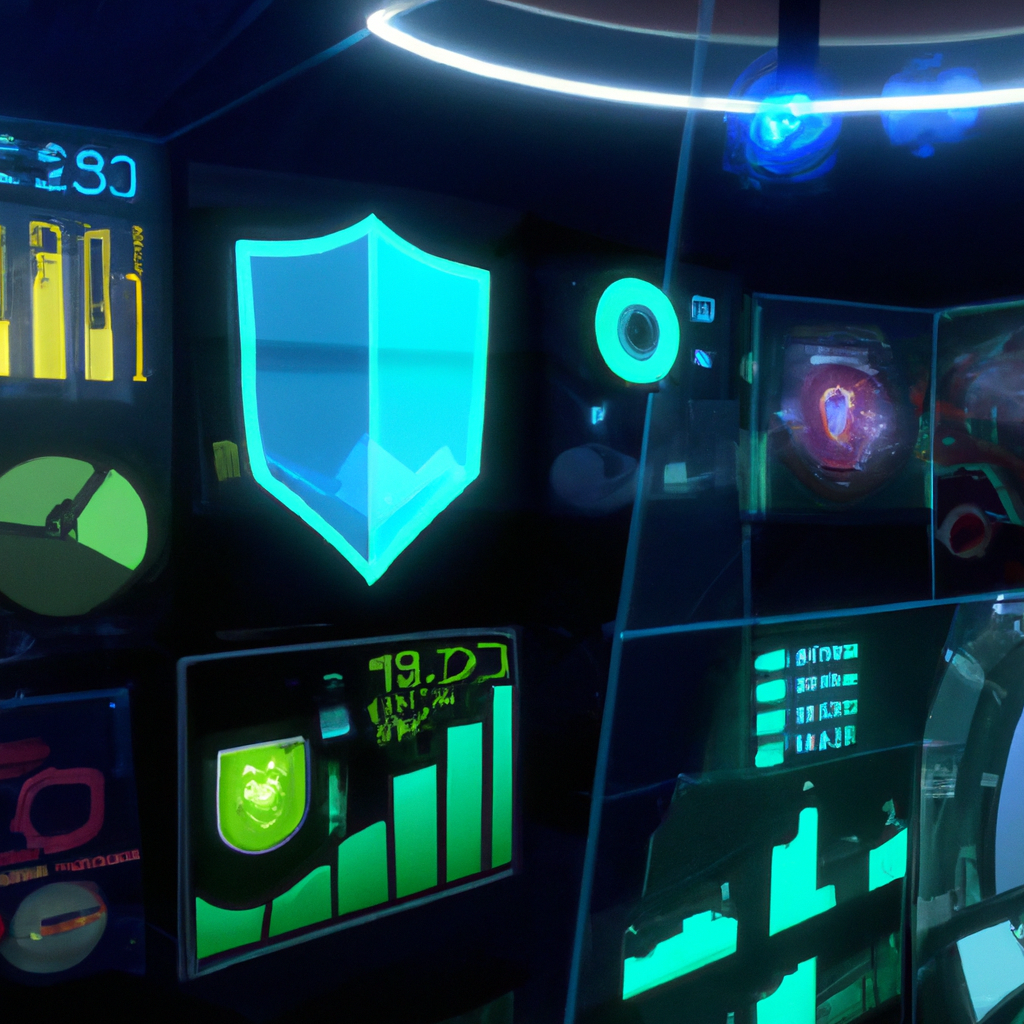
AI revolutionizes cybersecurity: the next frontier in IT
In recent years, the field of cybersecurity has undergone a significant transformation, largely driven by advancements in artificial intelligence (AI). As cyber threats become increasingly sophisticated, organizations are turning to AI to bolster their defenses and stay ahead of malicious actors. This article explores how AI is revolutionizing cybersecurity, the technologies involved, the benefits and challenges, and what the future might hold.
The Growing Complexity of Cyber Threats
Cybersecurity has always been a cat-and-mouse game between defenders and attackers. However, the complexity and scale of cyber threats have grown exponentially. Cybercriminals are leveraging advanced tools, automation, and AI to launch coordinated attacks that are difficult to detect and mitigate. Traditional security measures, which often rely on predefined rules and human intervention, struggle to keep up with the speed and volume of these threats.
AI Technologies in Cybersecurity
AI and machine learning (ML) are at the heart of modern cybersecurity solutions. These technologies enable systems to learn from vast amounts of data, identify patterns, and make decisions with minimal human intervention. Key AI technologies used in cybersecurity include:
1. Machine Learning: By analyzing historical data, ML algorithms can identify patterns indicative of malicious activity. This helps in anomaly detection and predicting future threats.
2. Natural Language Processing (NLP): NLP is used to analyze and interpret vast amounts of unstructured data, such as threat reports and social media feeds, to gain insights into new threats.
3. Behavioral Analytics: AI systems monitor user behavior to detect anomalies that could indicate insider threats or compromised accounts.
4. Automated Response: AI-driven systems can automatically respond to threats by isolating affected systems, blocking malicious traffic, or alerting security teams.
Benefits of AI in Cybersecurity
The integration of AI into cybersecurity offers numerous advantages:
– Improved Threat Detection: AI systems can process and analyze data much faster than humans, enabling quicker identification of threats.
– Reduced False Positives: By continuously learning and adapting, AI can reduce the number of false positives, allowing security teams to focus on genuine threats.
– Scalability: AI can handle vast amounts of data, making it suitable for organizations of all sizes.
– Proactive Defense: AI can predict potential threats based on historical data and emerging patterns, allowing organizations to take preventive measures.
Challenges and Limitations
Despite its advantages, AI in cybersecurity is not without challenges:
– Data Quality: AI models require high-quality data to function effectively. Poor data can lead to inaccurate predictions.
– Adversarial Attacks: Cybercriminals can exploit AI systems by feeding them malicious data to manipulate outcomes.
– Skill Gap: There is a shortage of skilled professionals capable of developing and managing AI-driven security systems.
– Ethical Concerns: The use of AI in monitoring and analyzing user behavior raises privacy and ethical concerns.
The Future of AI in Cybersecurity
As AI technologies continue to evolve, their role in cybersecurity is expected to grow. Future developments may include:
– Enhanced Collaboration: AI systems could facilitate better collaboration between organizations, sharing threat intelligence in real-time.
– Autonomous Systems: Fully autonomous AI systems could manage and respond to threats without human intervention, freeing up security professionals for strategic tasks.
– Personalized Security: AI could offer personalized security solutions based on individual user behavior and preferences.
Conclusion
AI is set to play a pivotal role in the future of cybersecurity. While challenges remain, the potential benefits of AI-driven security solutions are immense. By embracing these technologies, organizations can enhance their defenses and better protect against the ever-evolving landscape of cyber threats. As AI continues to advance, it will undoubtedly redefine the boundaries of what is possible in cybersecurity, making it an exciting frontier in the IT world.
